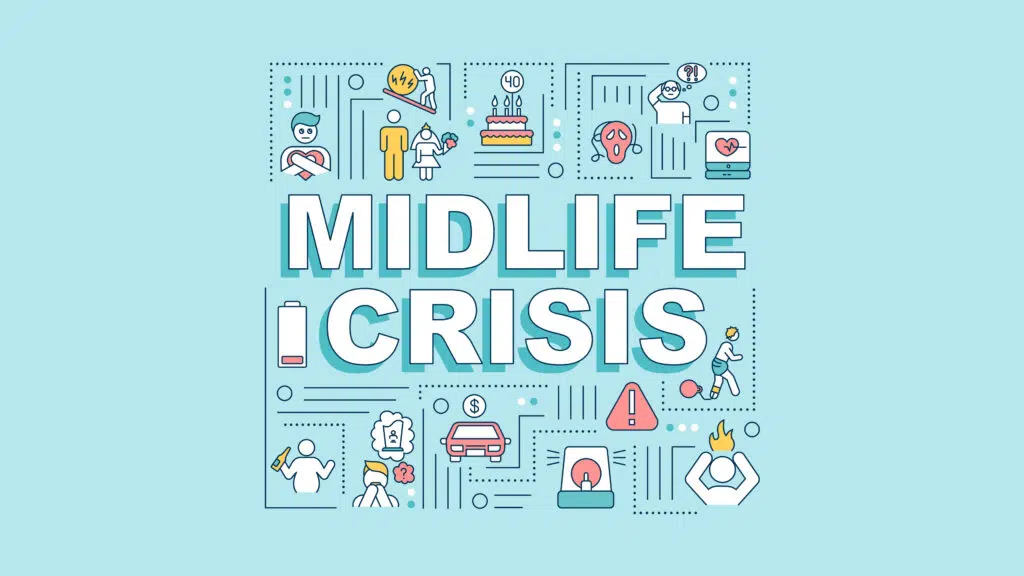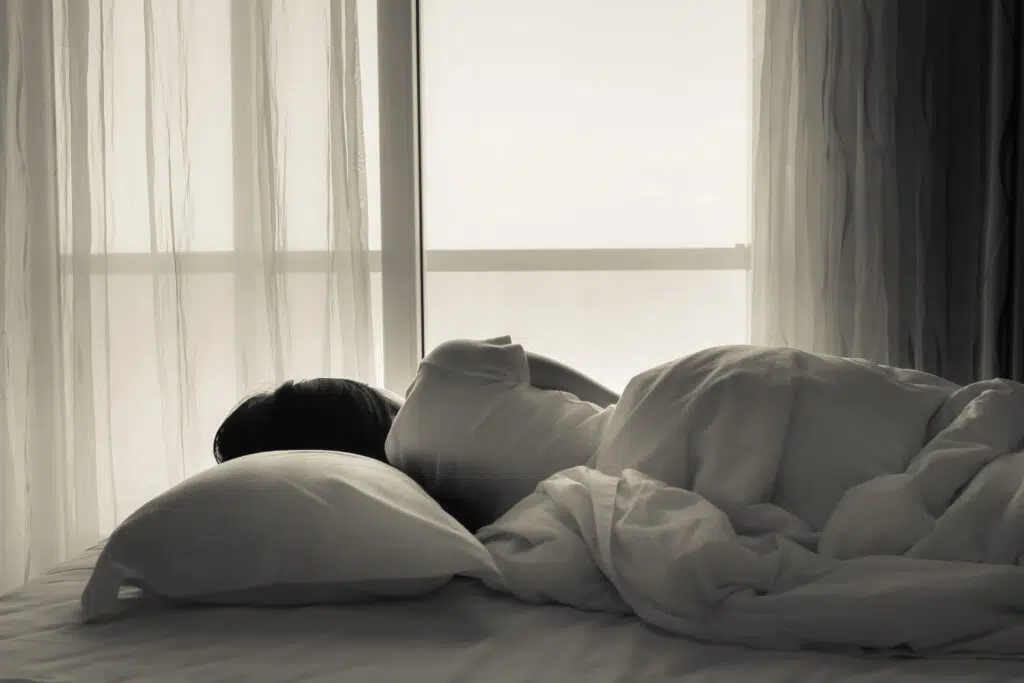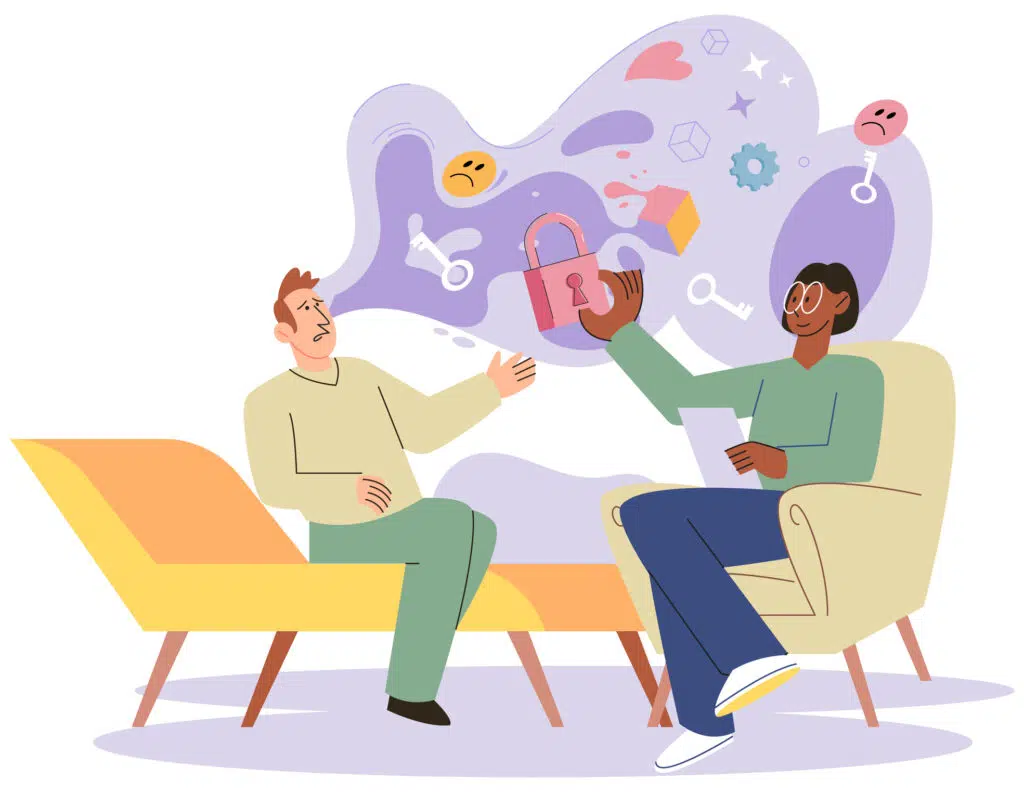Why Women are More Prone to Depression and Anxiety and What You Can Do About It

When it comes to mental health issues, namely major depressive disorder and generalized anxiety disorder, women outpace men by approximately two to one. The reasons behind this gender gap stem from many influences, including hormonal, emotional, and societal differences.
At Thriving Mind Psychology, our team of compassionate and experienced mental health care providers offers a wide range of psychological services to patients in Midtown Manhattan in New York City. While our practice is devoted to helping people of all ages and both sexes, we understand that women face unique challenges when it comes to mental health issues such as anxiety and depression.
Here’s a look at why women are more prone to anxiety and depression and, more importantly, how we can help.
Hormones and women-specific depression disorders
When we talk about major depressive disorders, included under this broad heading are conditions like postpartum depression and menopause-related depression, which are issues that are unique to women. A woman’s overall health and wellness is affected, to a surprising degree, by their reproductive hormones, including estrogen hormones and progesterone.
The levels of these hormones swing considerably throughout a woman’s life, starting with her passage through puberty when these reproductive hormones make a fast and furious entrance. Because girls go through puberty at a younger age than boys, the rates of depression and anxiety are higher in young girls than in boys.
But these fluctuations don’t end there, as they do in men. Women who go through pregnancy experience swings in their hormones levels, which is one of the main drivers behind postpartum depression. And when the hormones abruptly dry up after menopause, women again ride a hormonal roller coaster that can contribute to higher rates of anxiety and depression.
Women and SAD
Another form of depression called seasonal affective disorder (SAD) affects four times as many women as men. While research has confirmed the disparity, the mechanisms behind this difference remain unclear.
A matter of brain chemistry
Considerable research has been conducted (and is still ongoing) on the differences between men and women when it comes to depression and anxiety, but there’s some evidence to suggest that brain chemistry may play a role. More specifically, a woman’s fight-or-flight response is quicker to develop and it lingers longer than it does in men.
The significance behind this is that the fight-or-flight response is very similar to what happens in a person’s body when they experience anxiety.
The cultural effect
The final reason why women may be more prone to anxiety and depression is cultural and societal. Gender inequality, alongside societal pressures on women (think body shape), likely play a role in the higher rates of mental illness among females. Also, some researchers believe that women are simply more apt to report their anxiety or depression, while men try and tough it out.
Getting help
No matter the reasons behind your depression or anxiety, our goal is to provide you with the help you need so you can break free of the prison these disorders can create. We understand the unique circumstances that face women, both biologically and culturally, and we’re here to help. We offer a number of different therapies, including:
- Online video therapy
- Couples or group therapy
- Psychotherapy (talk therapy)
- Cognitive behavioral therapy (CBT)
- Neurofeedback (electroencephalographic or EEG biofeedback)
By using one or more of these effective therapies, we can help women take back their lives and thrive once more.
To learn more, please contact us at (917) 725-2456 or request an appointment using our online booking tool.

How Do I Establish Healthy Boundaries
We often talk about setting healthy boundaries in the workplace, in relationships, with technology, and with ourselves. But what is a healthy boundary, why should you have them for your mental health, and what’s the best way to establish healthy boundaries? Let’s dive in.

Millennials in Crisis: Survey Finds 81% Can’t Afford a Midlife Crisis
Are Millennials a generation in crisis? Millennials are aging. The oldest in the generation is now 43, and the youngest is now 28. With age comes wisdom, but it also often leads to regret, nostalgia, and introspective questions about where people are in life. With the generation quickly approaching “middle age,” many are starting to feel these pressures.

What Are Practical Strategies for Managing Depression?
The number of U.S. adults who have been diagnosed with depression is on the rise, with young adults and women experiencing the most significant increases. We know that the effects of depression can ripple through every aspect of your life.

What Are The Benefits Of Cognitive Behavioral Therapy?
Cognitive behavioral therapy goes beyond managing the symptoms but can help address the root cause of several mental health conditions. Backed by extensive research, CBT is an evidence-based approach that is shown to be effective across various populations.

